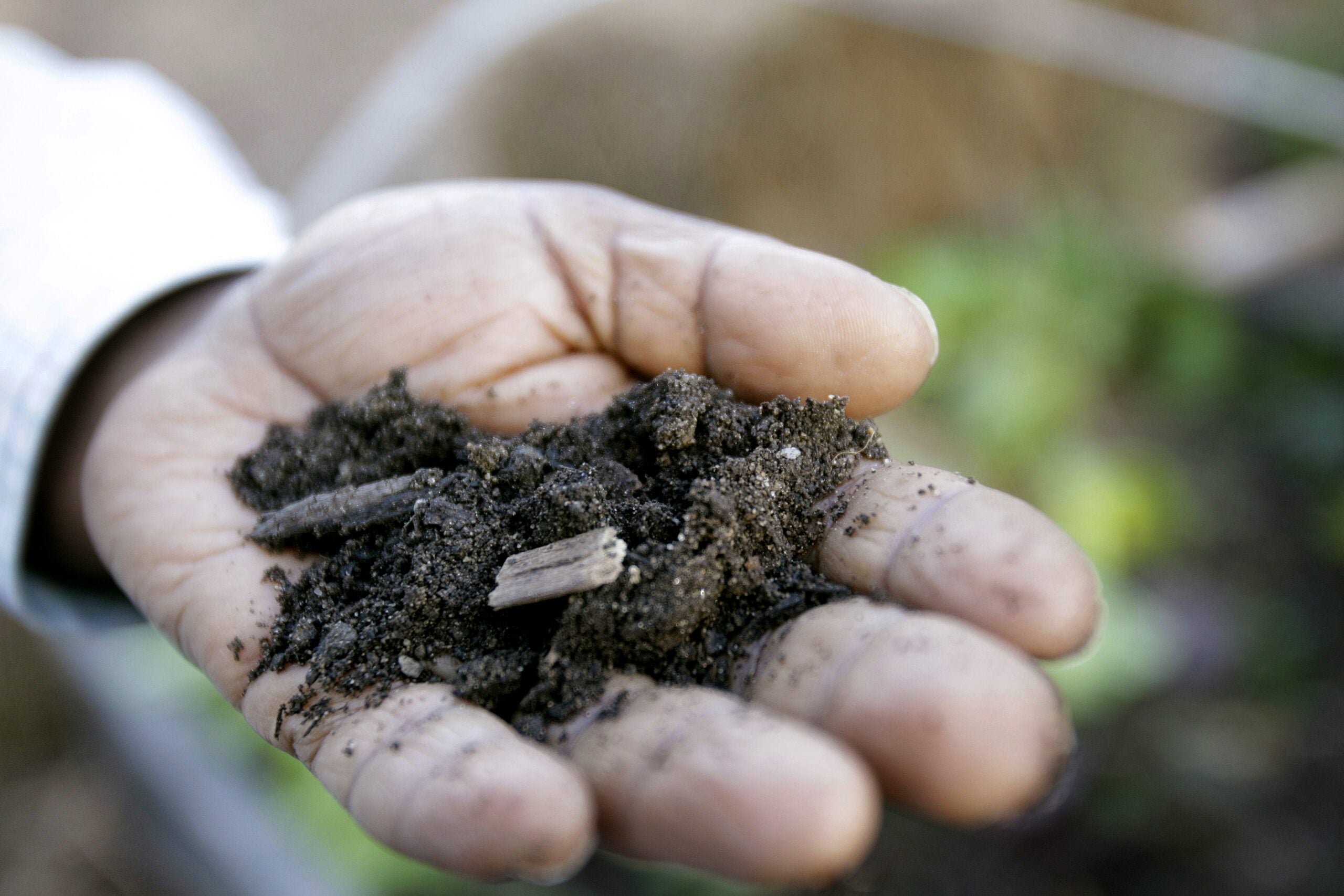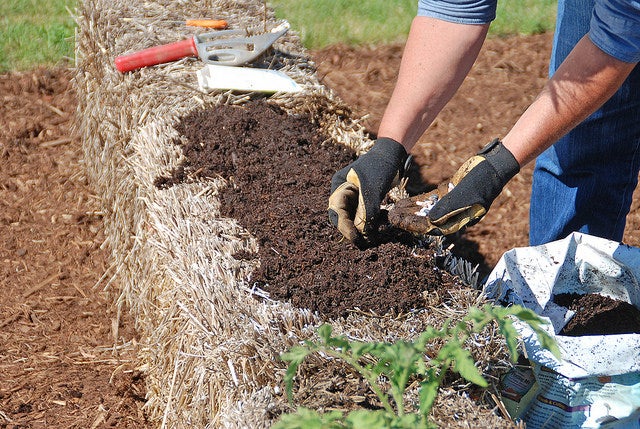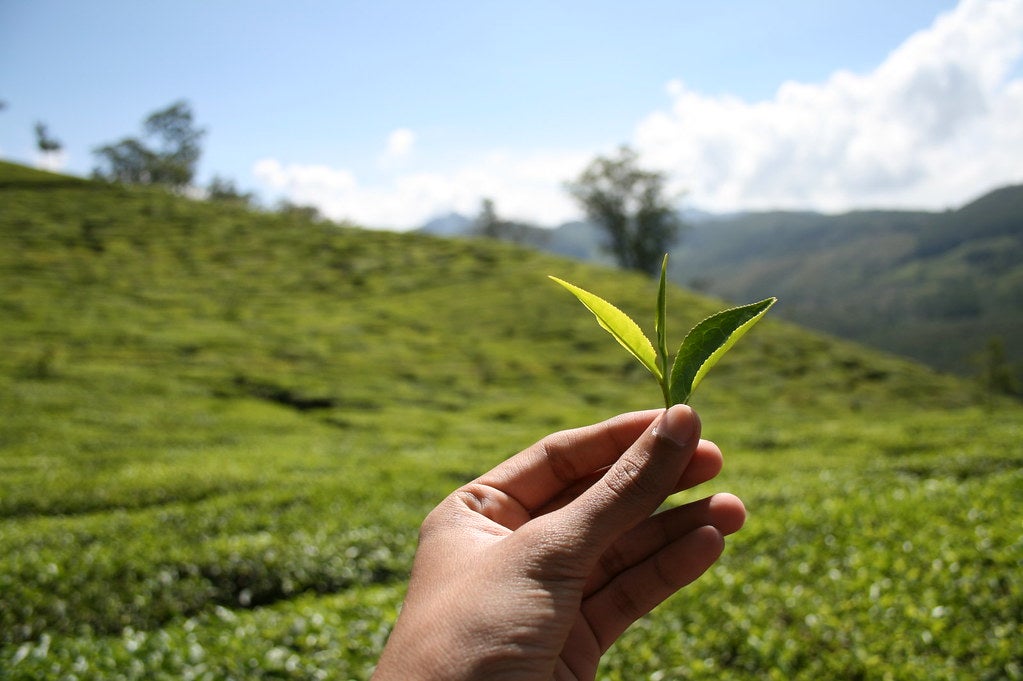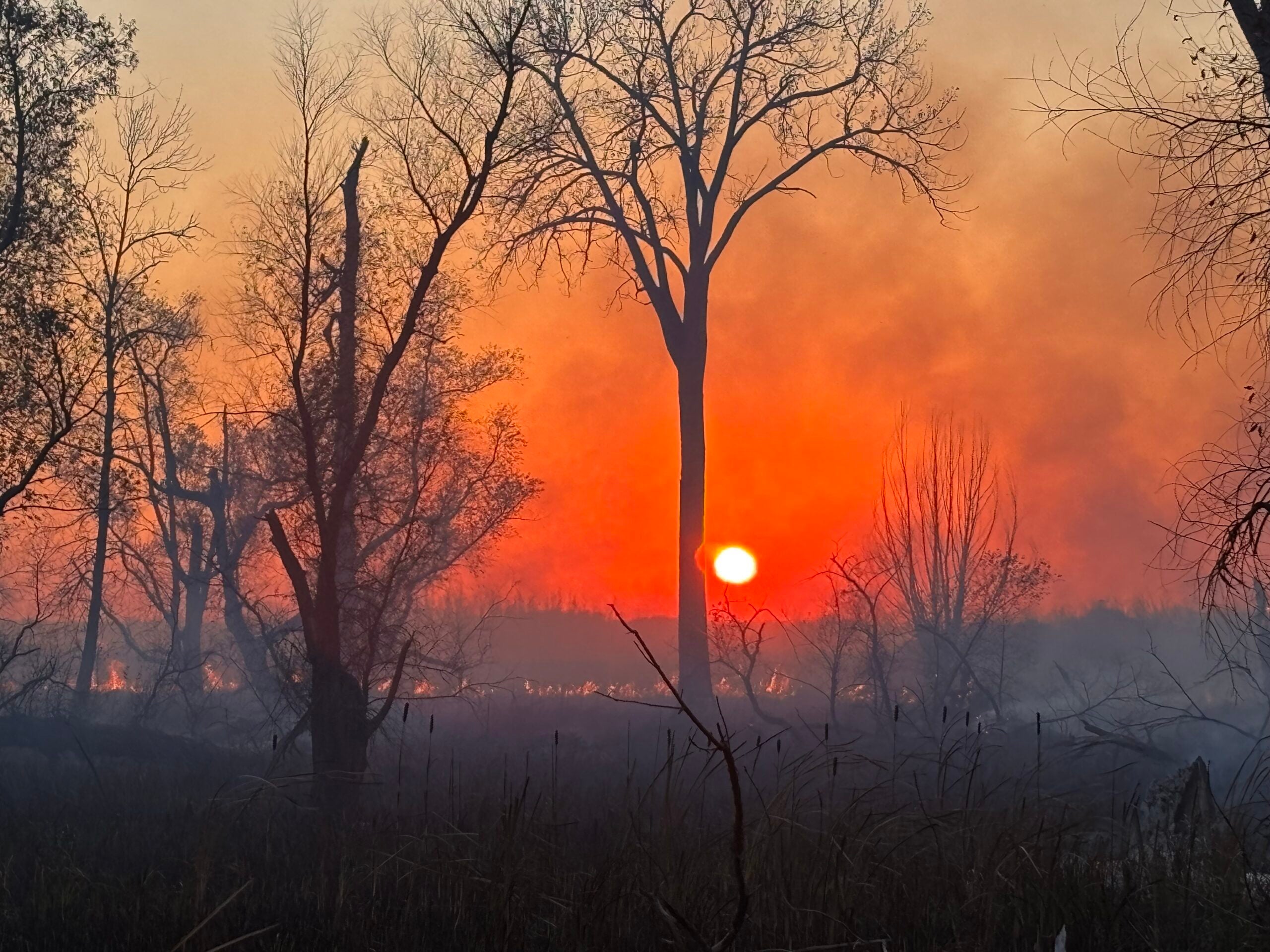As the season’s harvest winds down and it’s time to clean up gardens and falling leaves, now might be the time to start a compost — a good way to get rid of organic waste and build a nutrient rich soil in the process.
A compost pile takes about three to six months to really get going, making the timing just right for spring planting goals, said Vijai Pandian, a horticulture educator for Kenosha, Milwaukee and Racine counties.
“Composting is an organic goal for gardening,” he said. “If you’re thinking about having compost for the spring, I think you need to get started with composting right now.”
Stay informed on the latest news
Sign up for WPR’s email newsletter.
To helpt get you started, Pandian shared four tips.
Get the correct ratio of brown to green matter
The brown matter is the dried leaves, twigs and shredded newspaper materials that are rich in the carbon microbes need. The green matter includes any food scraps, like chopped up vegetable waste and lawn clippings that haven’t been treated with any herbicides.
The ideal mix is two parts brown matter to one part green, Pandian said. If you think you don’t have enough microbes, sprinkle some soil into the mixture.
“If you don’t add enough green materials to it your compost will not heat up, it’ll simply stay put,” he said. “In those cases, it’ll take a longer time — more than a year — for them to completely decompose.”
Plan for a minimum of 3-5 cubic yards
You can get started in a simple way, Pandian said, chicken wire or wooden crates are a couple of examples of ways to keep the compost pile in place.
“No matter what, ideally you need to have a minimum of about three to five cubic yards of volume to get started with composting,” he said. “If you don’t, probably it will take a longer time for the materials to decompose.”
Know what weeds you should and shouldn’t compost
First, the weeds shouldn’t have passed beyond the flowering phase.
“Once it gets to seed production … what’s going to happen is that if you add those seeds back into your compost pile, your inner core temperature of the compost pile needs to be at least about 140 degrees Fahrenheit to kill those seeds,” Pandian said.
And never put perennial weeds — such as creeping charlie or quackgrass — into your compost pile.
“If you add those things, there’s a good possibility that … they could easily overwinter to the next season,” he said. “And then you’re going to actually spread it back to your garden.”
Stay away from using plants that have disease
Tomatoes, for example, often are disease prone. Early blight and septoria leaf spot are common among the plant. Pandian said to be especially careful if you’re in central Wisconsin where there are reports about late blight issues.
“Don’t toss those materials into your compost pile,” he said. “Rather bag them up and trash it.”
Wisconsin Public Radio, © Copyright 2025, Board of Regents of the University of Wisconsin System and Wisconsin Educational Communications Board.



